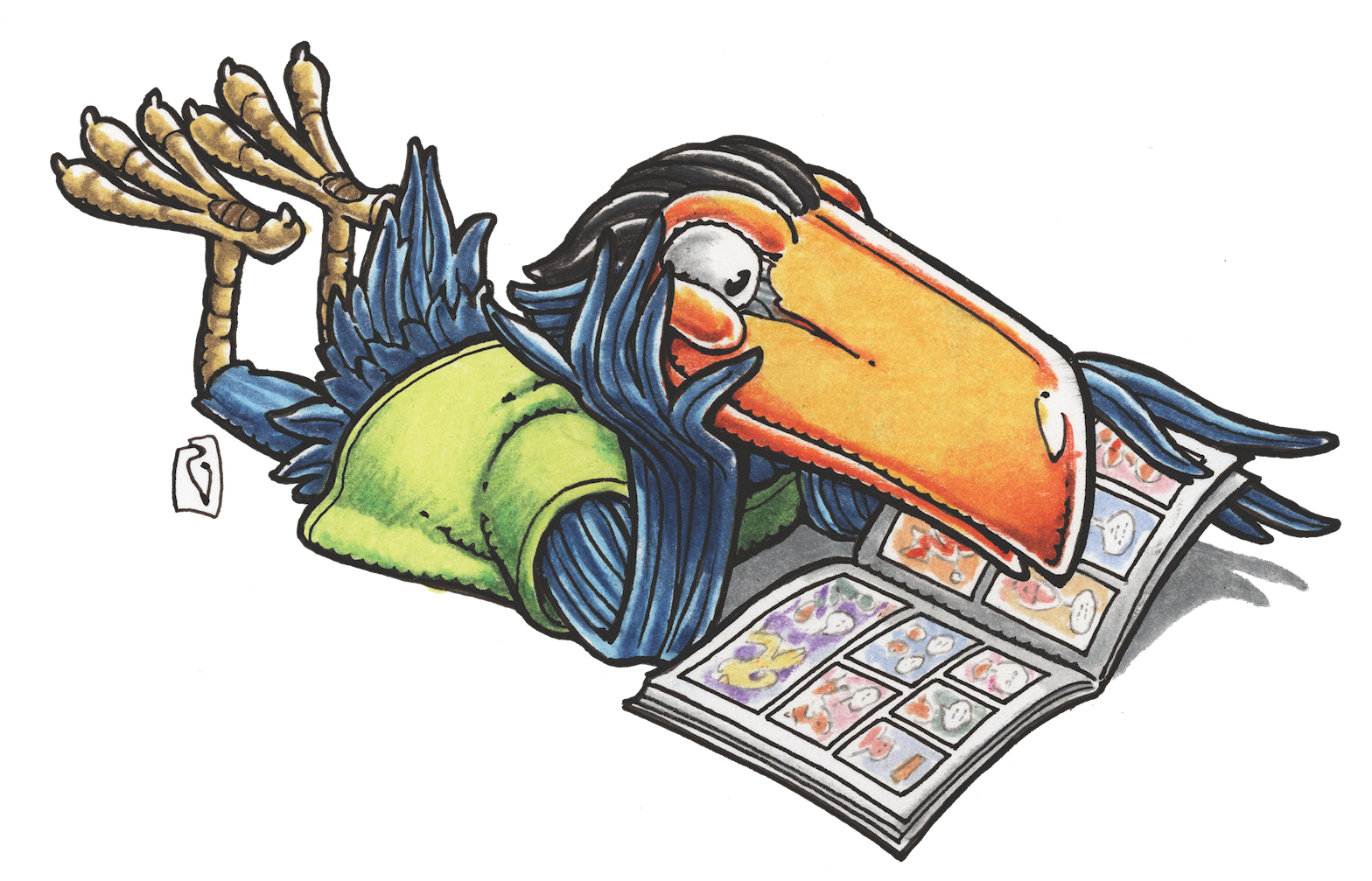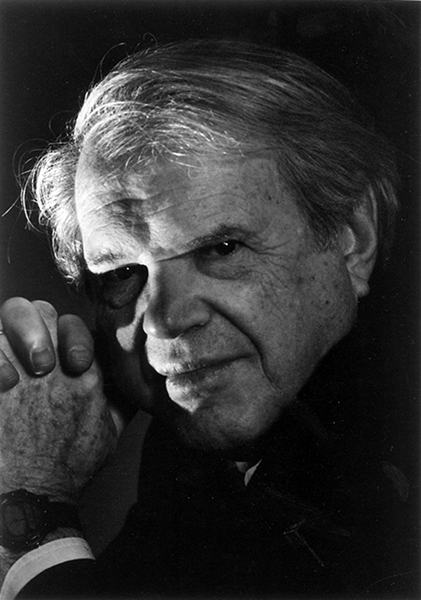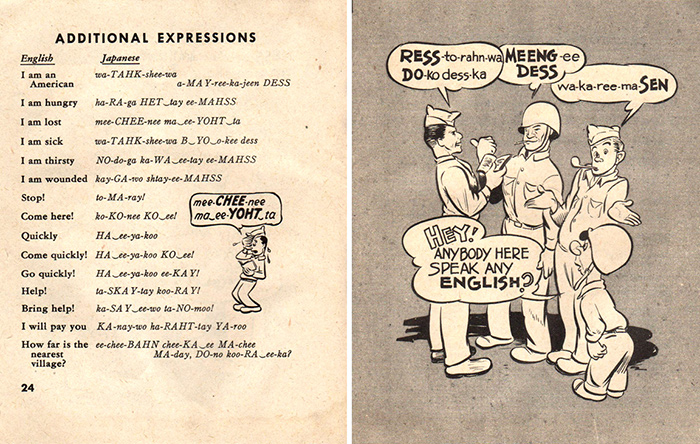MAGGIE’S WORLD BY MAGGIE THOMPSON
Maggie’s World 025: For the Record

In October, I was lucky enough to attend the “Legacy: Watercolors by David Finn” retrospective at the Wally Findlay Galleries in New York City. Known as the co-founder (with his friend William Ruder) of the public-relations firm Ruder Finn in 1948, David Finn has also been a prolific photographer, sculptor, and painter: a long-time connoisseur of a variety of fine art. You may know him for his work with Sculpture Review magazine for the National Sculpture Society. What I bet you don’t know is that he helped to keep comic books on America’s newsstands.

At a time of turmoil in the history of comics, as public pressure increased to remove comics from availability, David Finn helped bring concerned publishers together to provide a response that would ease the concerns of parents and politicians alike. He helped to form the organization and publicize the existence of the Comics Magazine Association of America, a coalition of publishers. While many within the industry were concerned about its pre-publication vetting of content, the establishment of the CMAA turned out to be fundamental to the success of maintaining the art form in the 1950s.
Amy Kiste Nyberg’s Seal of Approval: The History of the Comics Code speaks of his support, noting of Ruder Finn, “The firm’s name appears across the bottom of the galley proofs of the code sent to the Senate Subcommittee on Juvenile Delinquency.” She quotes his writing later, “The purpose of such efforts is not to create an atmosphere in which the reforms demanded by critics will be made; it is to find a way to make the smallest possible concessions necessary to end the controversy.”
It was a delight to see a beaming David Finn surrounded by the many admirers of his own creative work in that art gallery, years after he had protected an art form under attack. He has been so productive in so many fields that almost no one among the attendees had any idea of his importance to our world of popular culture.
And that brought to my mind the fact that there seem always to have been a number of people whose contributions to the comics art form have not been widely remembered.
It wasn’t until Steven E. Mitchell sent Comics Buyer’s Guide the fourth chapter of his Evil Harvest series, “Superman in Disguise: The New York Senate Investigations,” years ago that Don and I were reminded of the work of another comic-book ally. The New York Joint Legislative Committee to Study the Publication of Comics in 1952 had stated flatly that comic books shouldn’t be considered constitutionally protected by freedom of the press regulations. The legislature amended the Penal Law to forbid stories of “crime, bloodshed, lust or heinous acts, which tend to incite minors to violent or depraved or immoral acts.” Yikes. (By the way, the full text of Mitchell’s M.A. thesis is available online. Check it out.)
Fredric Wertham put what happened this way in Chapter XII of his Seduction of the Innocent—a chapter titled, by the way, “The Devil’s Allies” (a reference to supporters of comic books): “When the crime-comic-book control bill came before the Assembly, they voted for it: 141 to 4. The Senate voted for it, too, unanimously.
“So it really seemed that a step forward had been made. But Governor [Thomas E.] Dewey attended to that. He vetoed the bill, giving as his reason that ‘it fails to meet fundamental constitutional requirements.’ Superman has many disguises.”
Chances are that folks today who remember Dewey at all remember him only as a failed candidate for the Presidency. But we should tip our toppers to him in thanks for being another who helped to save our fledgling art form.
And there are many, many other people out there whose contributions to the art form we love remain almost unknown. When something about them catches our attention, we may still find it difficult to learn more about them.
For example, have you heard of J Milton Cowan (Feb. 22, 1907-Dec. 20, 1993)? When I first tried years ago to locate references to him on the Internet, the only listing I found was a query from someone who wanted to know more about him because of something he’d written on (as I recall) translating Arabic.
These days, it’s easier to find out more. He has his own Wikipedia entry. But even there, it says, “Cowan published very little.” Consider this, however: When I knew him, he was head of Cornell’s Division of Modern Languages. And how did I happen to know him? He was the dad of Julia, whom I met when she and I attended kindergarten together in Ithaca, N.Y. in 1947.

Right: Booklet translation (left to right) of the Japanese dialogue in the full-page Walt Kelly cartoon: “Where is the restaurant?” “It’s to the right.” “I don’t understand.”
But our family’s lasting connection with him came because we all had a common interest in mutual admiration of Pogo creator Walt Kelly. Mom and Dad knew Kelly from his comic-book work; Cowan had worked with Kelly to produce projects for the War Department: booklets of phonetic translations for service people overseas during World War II. The kicker is that chances are you won’t find out much about that work, even in lengthy articles praising Cowan’s linguistic contributions. There’s no credit for Cowan in such pamphlets as Japanese: A Guide to the Spoken Language (TM 30-341); there’s a War Department introduction dated June 18, 1943, and a closing Printing Office date of 1945. But Cowan, other writers, Kelly, and at least one other artist remain unidentified. Nevertheless, they blazed a trail that would be traveled less than a decade later by Will Eisner, whose P.S. creation for the Army used comics to help mechanics maintain its vehicles.
Clearly, I’ve only begun to explore such credits. Whom do you know who should receive more attention for their comics support? Librarians? Educators using comics in reading programs? (Did you know that there was an effort to use a Superman workbook in grade-school English classes in the late 1940s or early 1950s? The project was abandoned because children took the workbooks home and completed them almost overnight: The workbooks were determined to be too popular for school use.) How many comics-shop customers today honor Michael Correa, the store manager who placed his own freedom on the line by appealing a relatively small fine in order to contest the decision that the comics he had sold to adults were illegal for such sale?
Thanks to all of them, known and unknown—and to all of the hundreds (thousands?) who have helped make the comics world what it is today!
Maggie’s World by Maggie Thompson appears the first Tuesday of every month here on Toucan!